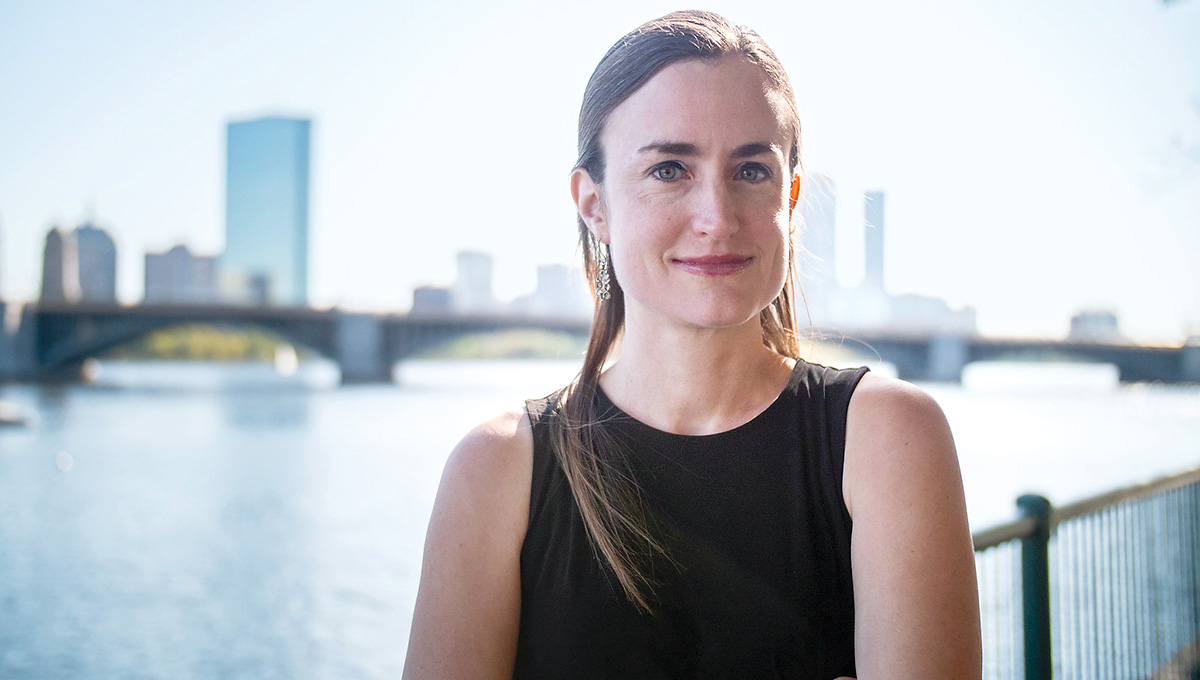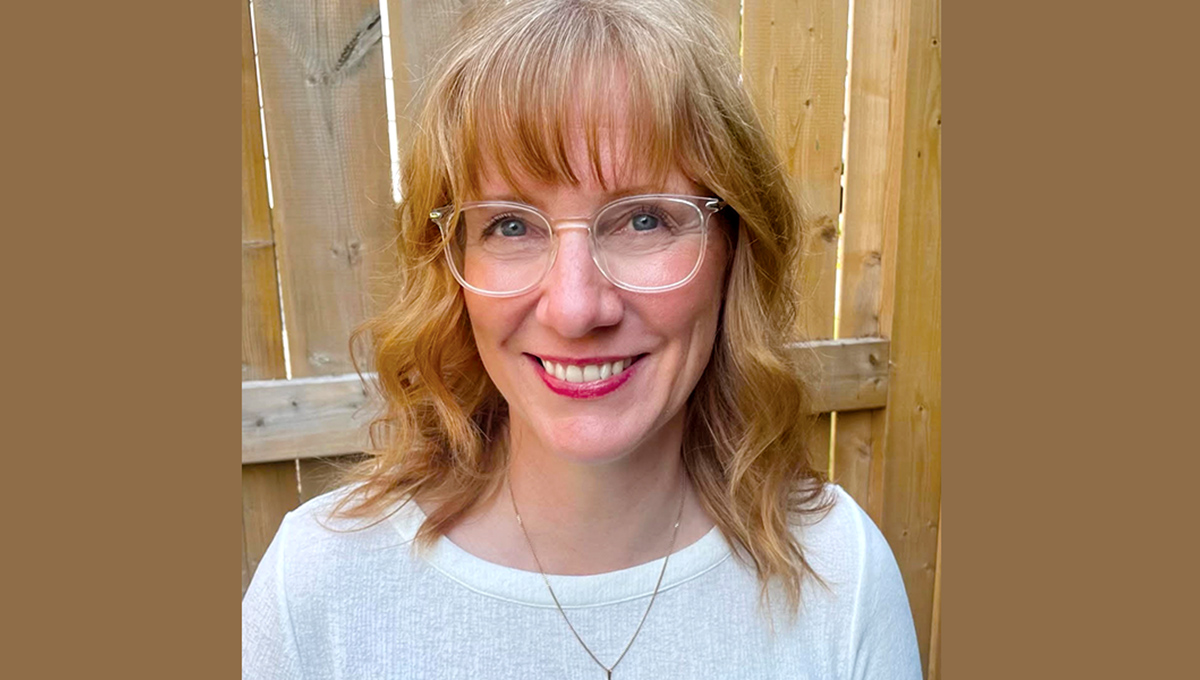
By Sue CareLess
AT THE annual Mere Anglicanism conference, you’re likely to hear speakers from Oxford, Cambridge and McGill quote Goethe, Nietzsche and Rousseau. But what you come away remembering best are tales of some of the ordinary folk who influenced these scholars’ lives.
“Speaking the Truth in Love: The Church and the Challenge of the New Morality” was the theme at this year’s conference held in Charleston, S.C., Jan. 18-20. The conference, sponsored by the Anglican Diocese of South Carolina, attracted 900 people. Here is some of what they heard.
Anglican priest and author Sam Allberry spoke on “Why Our Bodies and What We Do with Them Matters.” He told of receiving a text message from a close friend who was on vacation. It said, “I’m about to head to the beach. I’m going to need your prayers today.” He was actually being serious. He hated his body and was very self-conscious about it. So, what should Allberry say to his friend?
“Those other people at the beach…they may judge you because of your physicality – they didn’t die for you. Your body doesn’t need to be okay for them because there’s another verdict on your body that is far more defining, and that is the verdict of our Lord Jesus Christ. Because you are his. You’re not theirs. As Paul tells us in I Corinthians 6, “You were bought with a price, the very body and blood of Jesus himself.” And he has no regrets. He is pleased to own your life and to own your body.”
Paul says, “Do you not know that your body is a temple of the Holy Spirit within you whom you have from God? You are not your own, for you were bought with a price. So glorify God in your body.”
Now, these words are ordinarily horrific: “You aren’t your own. Your body is not yours. You have been bought.”
Allberry has another Christian friend who as a young woman was trafficked. She had heard: “You’re not your own. Your body belongs to us. You’ve been bought with a price.” So Allberry asked her, “How do you read Paul’s words now as a Christian?” And she said, “They’re such beautiful words, because there is no better condition than belonging to Jesus, for our bodies to belong to him, for us to be his.”
“He hasn’t coerced or manipulated us into being his, said Allberry. “He’s not stolen us. He’s laid down his life for us. And as we go on in the Christian life, we begin to realize how precious it is to belong to him.”
Author and apologist Rebecca McLaughlin spoke on “Right Thinking: Gospel Truth in a Culture Subscribing to the Secular Creed.”
One person who texted McLaughlin to tell her that she was praying for her at the conference was a young woman who, a couple of years ago, checked all the boxes for least likely to become a Christian. She was raised in a non-Christian home. She is a Gen Z, and was identifying as lesbian at the time. She first heard the gospel from a beauty youtuber who shared her testimony of how Jesus had saved her. And this young woman, who was then in Madrid, started going to a little Southern Baptist church in that city.
But her family and her friends told her she was crazy, and she started thinking, they’re probably right. She moved back to Boston, cut off all her hair, covered her body in tattoos, and threw herself into the LGBT community. But she couldn’t quite put Jesus out of her mind. She was reading books and listening to podcasts. And last September she heard McLaughlin’s podcast and then came to her church ready to repent and put her trust in Jesus.
And one of the many beautiful things that she said to McLaughlin about a week after she had joined her church, was, “I just realized, you guys have to love me. I could go to any other group in town and they could get to know me and decide I was weird and they didn’t want me, and they could throw me out and reject me, but you guys have to love me.” And McLaughlin told her, “Yes. The problem is you have to love us, too.”
“If we are following Jesus,” McLaughlin told the conference, “if we are doing what the Bible calls us to, we are going to have more love and not less. If somebody leaves the LGBT community to become a Christian, they should find more love and not less. And if we’re brutally honest, that is often not the case.”
Carl Trueman, a theologian and historian who teaches at Grove City College, spoke on “Defining Identity and Self in an Age of Faulty Anthropology.” He stressed that we need a Church shaped by both friendship and hospitality.
“You might ask me why I’m a Presbyterian. I might answer you, because of the clear and obvious teaching of the Word of God. Or because when I was all alone in Aberdeen, my first week as a postgraduate, not knowing anyone, I sat down in the pew in the Presbyterian Church of Scotland and the little old lady in front of me, Effie Morrison, turned ’round and said to me, ‘Would you like to come home for lunch?’ That made a huge impact on me. I still remember her name. You always remember the name of the person who gave you hospitality. We have a hospitable God: ‘I am the Lord your God, who loves the widow, the orphan and the sojourner.’ So, we too should love the sojourner.”
Amy Orr-Ewing, senior fellow at the Oxford Centre for Apologetics, addressed “Speaking the Truth in Love in Relationship.” She related how, when it became clear that her former employer, a well-known evangelist, had led a double life filled with sexual exploitation, she learned that “it is definitely true that in church we have failed. Sometimes we need to have the maturity to have grace for the rage around us, because it’s actually a true diagnosis that sometimes we fail to live the truth we believe.”
Along with the current Archbishop of Canterbury she had the opportunity of an open discussion with students at an English high school. They could ask anything they wanted. When it turned to sexuality, Orr-Ewing wanted to defend the biblical understanding of human sexuality. So she said:
“Since the 1960s, young people in each generation have been told a narrative about love and sex that goes: Love whom you want, when you want, have sexual freedom – that will make you happier. Have as much sex with as many people as you want to, with no restriction – that will make you happy. My question, young people, is, is it working for you? Is it working?’ You could have heard a pin drop.”
She then said, “You know, the statistics suggest that despite western culture being more affluent than ever, we are more depressed, lonely, anxious and unhappy than ever before. Can we suggest to you today, young people, that there is actually another possibility to the narrative you have lived your whole life with? And that possibility is that Jesus of Nazareth claimed to be God walking on this earth with us and that he had a kind of bread that would satisfy the human heart in an ultimate way. He described it as eternal life that begins today and loves beyond the grave. And that coming to know him, beginning with a new start, receiving forgiveness from him, and then following him, would lead us on a path, because he is the light of the world, that we would never walk in darkness.”
She admitted that following Jesus “does mean denying ourselves certain things.” Yet following his teaching was in her experience, “a path to life and fullness. And that will mean something very weird in our culture, that sex is a gift from God that is so precious that it is to be shared by a man and a woman in a marriage that is a lifelong commitment. Other loves and friendships are wonderful, but they’re not consummated sexually. Does Jesus’ way lead to life or not? Why not try it? You tried the other alternative, and it hasn’t worked for you.”
Another time Orr-Ewing was giving a lunchtime talk at a British university on the question of suffering. ‘How could God be good and loving and this be the world there is?’ It was organized by 19-year-olds trying to share their faith with their college friends.
There was an open Q&A and it was going well until a very angry looking, tattooed man with lots of piercings was given the mic for the last question. He told how he had suffered terrible abuse in his church. Orr-Ewing replied, “Firstly, I’m sorry and I believe you because that has been my experience, too. And it’s agony. Secondly, Jesus reserved his harshest criticism for religious leaders, and he was particularly concerned by those who caused harm to children.”
Then Orr-Ewing said, “I plead with you to consider Jesus yourself and don’t let abusers take more from you than they have already taken. I found in the person of Jesus, justice, hope, peace. Will you take a second look at Jesus?” She had a wonderful conversation afterwards with him. “His parents, amazing Christians, had been praying for him and he came back to the Lord that day.” TAP
See our Lenten issue for more coverage of the presentations by Carl Trueman and John Dickson.

EASTER is the most important festival for Christians, because it is the basis of our faith.
continue reading
ON NOV. 20, 2023, Bp. Andrew Asbil issued an “important liturgical note” to the Diocese of Toronto. His choice of date was intentional: he noted that it is was the “Trans Day of Remembrance and Resilience.” He quoted from Genesis 1, and spoke of God’s creation – “an act of love,” which “includes a vast spectrum of diversity, including human diversity.
continue reading
IN THE GOSPEL LESSON for this first Sunday in Lent, we have Saint Matthew’s account of the temptations of Jesus. This lesson is clearly intended to establish in our minds the meaning and the message of the Lenten season, and we should examine it with careful attention. And perhaps before we do that, it would be useful to think for a moment about the background and context of the story.
continue reading(Staff) Russia’s most famous opposition leader and political prisoner died suddenly on Feb. 16 while incarcerated in the Arctic gulag. Alexei Navalny was only 47. The Kremlin denies any involvement in his death.

By Tyler James Dunlop with Tim den Bok
Independently published, 2023
Review and Comment by Margaret Cottle, MD

AT THE annual Mere Anglicanism conference, you’re likely to hear speakers from Oxford, Cambridge and McGill quote Goethe, Nietzsche and Rousseau. But what you come away remembering best are tales of some of the ordinary folk who influenced these scholars’ lives
JUST OVER thirty years ago two young women, Teresa from rural New Brunswick, Jane from rural Nova Scotia, were “sent” to a week-long camp for youth. That reluctant start has grown into a life-long friendship. Even with almost 3000 km now between them, they still consider each other close and supportive friends. Jane Neish, a teacher in Rankin Inlet, and Teresa d’Entremont, a victim services officer in Yarmouth, N.S., both say they owe a lot of what they hold in common to the influence of St. Michael’s Youth Conference (SMYC).
Copyright © 2024 The Anglican Planet. All rights reserved